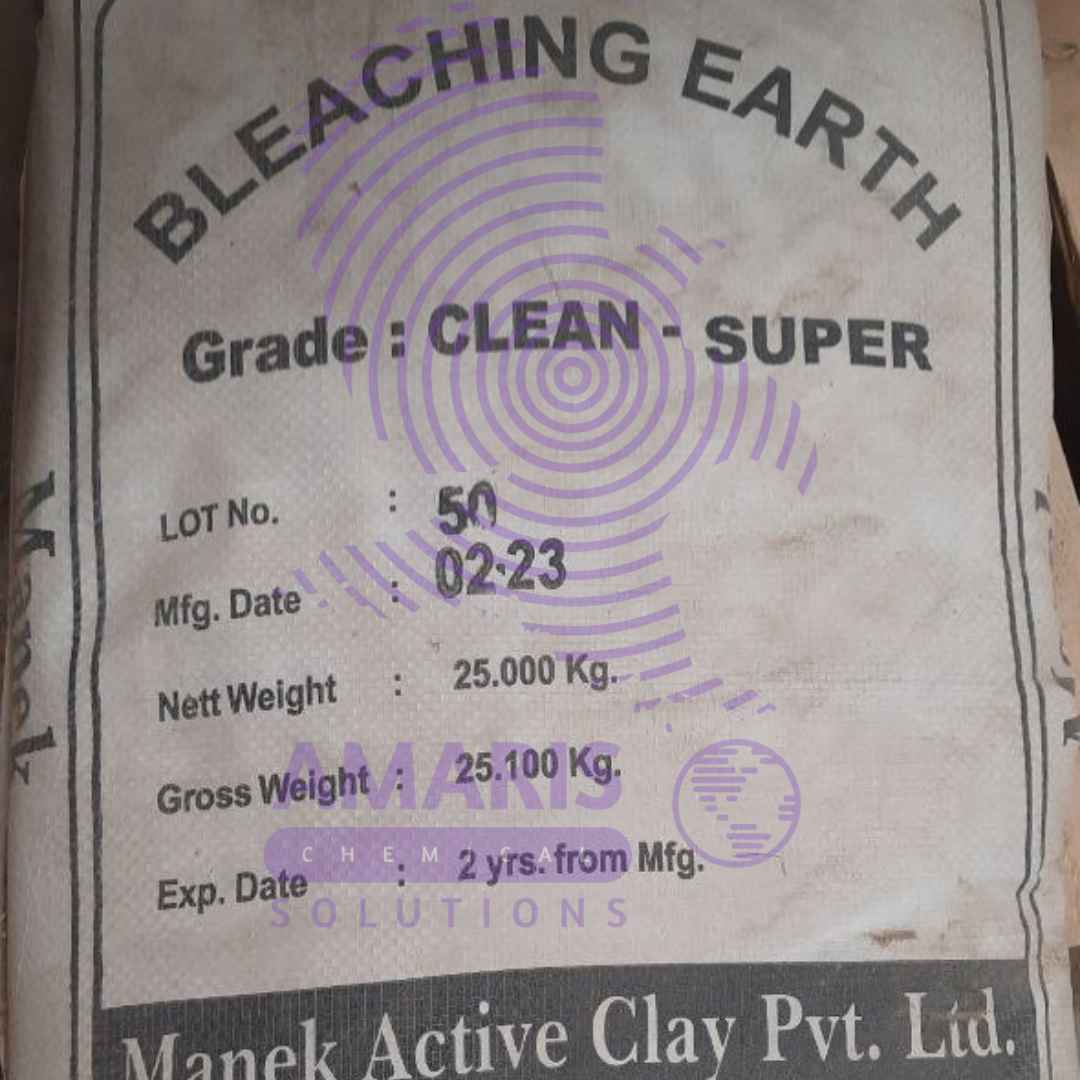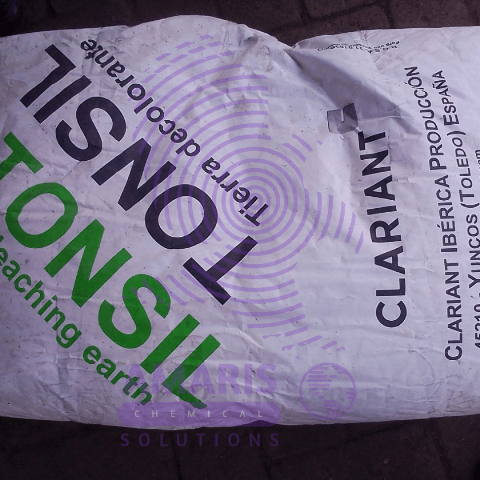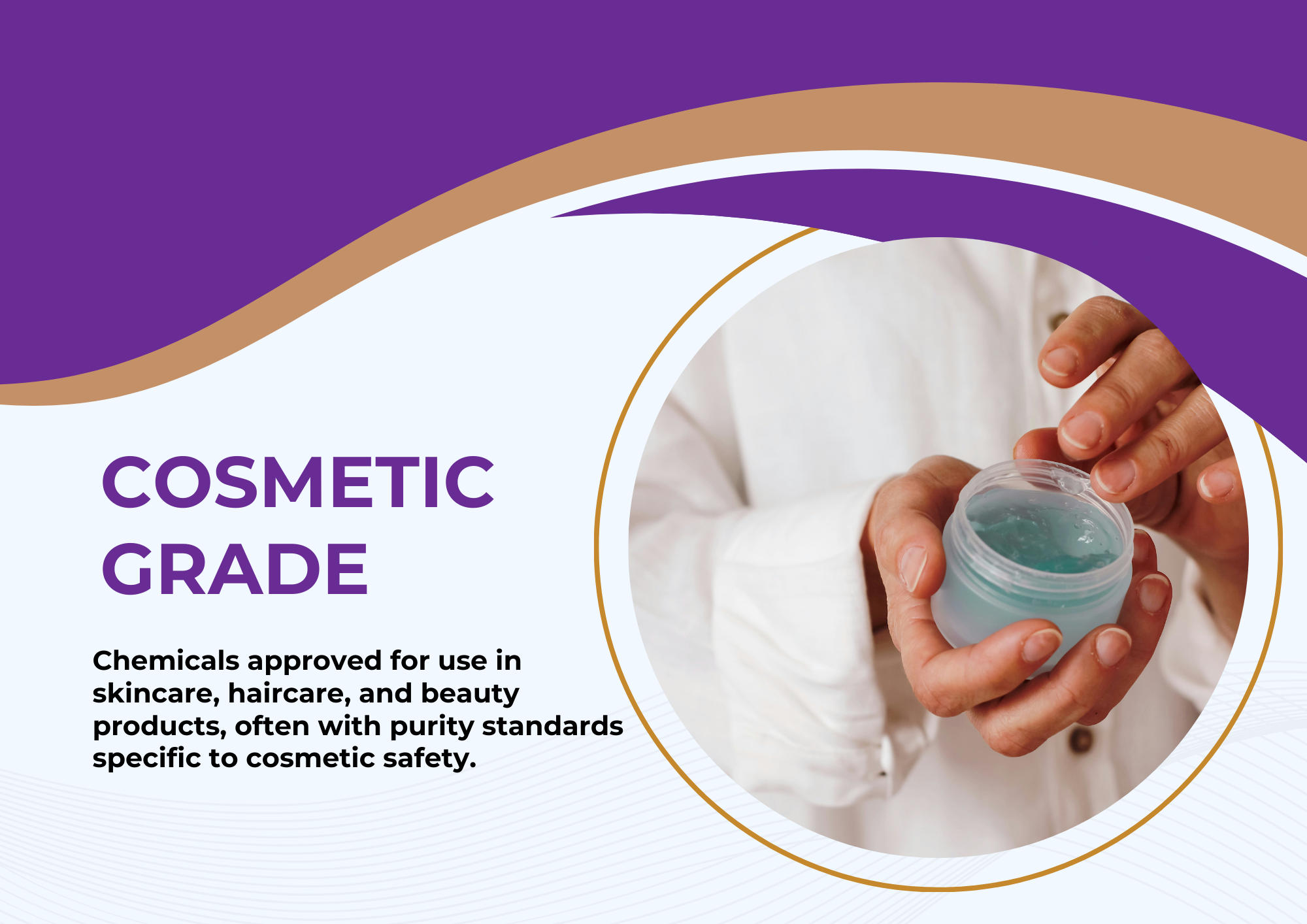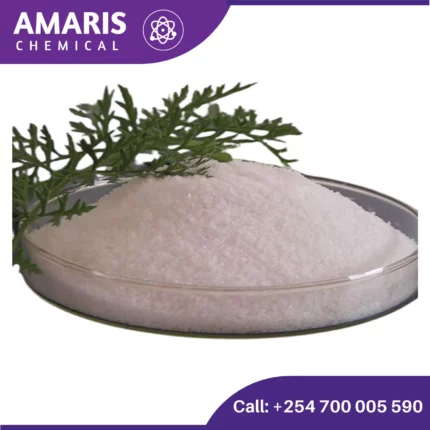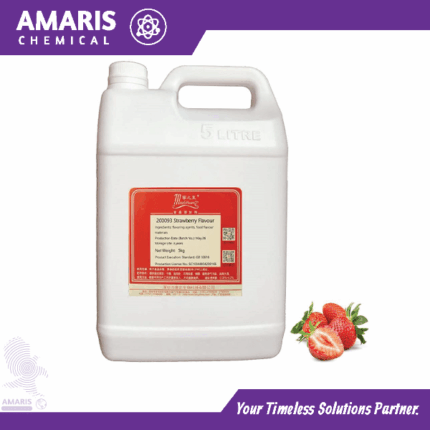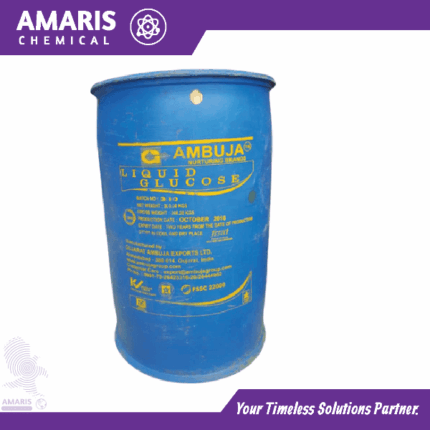
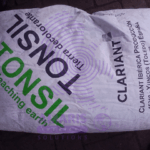


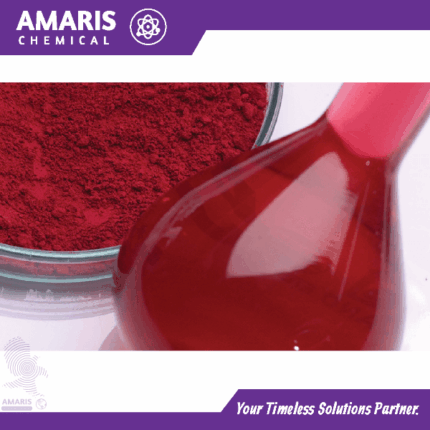
Bleaching Earth
$6,500.00 Original price was: $6,500.00.$5,700.00Current price is: $5,700.00.
Bleaching earth is a vital industrial adsorbent that purifies oils, fats, and fuels by removing impurities, improving quality, and ensuring stability. Its effectiveness, versatility, and cost-efficiency make it indispensable in food processing, biofuels, petrochemicals, and environmental applications.
Bleaching Earth
Primary Uses of Bleaching Earth
Edible Oil Refining
- Decolorization: Removes pigments (chlorophyll, carotenoids) from vegetable oils (soybean, palm, sunflower, etc.).
- Removal of Oxidation Products: Adsorbs peroxides and secondary oxidation byproducts.
- Reduction of Trace Metals: Binds heavy metals (iron, copper) that promote oil rancidity.
Mineral Oil & Petroleum Refining
- Purification of Lubricating Oils: Removes impurities, color bodies, and residual catalysts.
- Bleaching of Paraffin & Waxes: Clarifies waxes by adsorbing color and odor compounds.
- Fuel Oil Treatment: Helps in reducing contaminants in diesel and other fuel oils.
Biodiesel Processing
- Removal of Soaps & Phospholipids: Used in biodiesel refining to improve clarity and stability.
Used Oil Re-refining
- Regeneration of Waste Lubricants: Cleans used motor oils by adsorbing sludge and oxidation products.
Secondary Uses of Bleaching Earth
Industrial & Chemical Processing
- Purification of Fatty Acids: Used in stearic acid and oleic acid production.
- Catalyst Carrier: Acts as a support material in certain chemical reactions.
Environmental Applications
- Wastewater Treatment: Adsorbs oils, greases, and organic pollutants.
- Spill Cleanup: Used in oil spill remediation due to its high absorbency.
Food & Beverage Industry
- Clarification of Wines & Juices: Removes unwanted color and haze.
- Animal Fat Processing: Used in lard and tallow refining.
Cosmetics & Pharmaceuticals
- Bentonite Clay in Beauty Products: Used in face masks and skincare for oil absorption.
- Pharmaceutical Adsorbent: Helps in purifying medicinal oils.
Other Miscellaneous Uses
- Foundry & Metal Casting: As a binding agent in molding sands.
- Pesticide & Fertilizer Carrier: Helps in slow-release formulations.
| AVAILABLE PACK SIZE |
25kg( Metal or Plastic Jerrycan/ Bucket, Bag, Box, Polythene bag, Carton bag) |
|---|---|
| COUNTRIES OF ORIGIN |
CHINA ,GERMANY ,INDIA |
1. Basic Identification Attributes
- Chemical Name: Hydrated aluminum silicate (activated montmorillonite/bentonite clay)
- CAS Number: 70131-50-9 (for activated bleaching earth)
- HS Code: 2508.30.00 (Activated clays)
- Molecular Formula: Variable (~Al₂O₃·4SiO₂·nH₂O + acid-activated sites)
- Synonyms: Fuller’s earth, activated clay, decolorizing earth, adsorbent clay
2. Physical & Chemical Properties
- Physical State: Fine powder or granules
- Color & Odor: Off-white/tan/gray; odorless
- Boiling Point: Decomposes at high temperatures (>300°C)
- Melting Point: No true melting point (sinters at ~1200°C)
- Density/Specific Gravity: 2.2–2.6 g/cm³
- Solubility: Insoluble in water/organic solvents (forms colloidal suspension)
- pH Level: 3–7 (acid-activated types), 7–10 (natural types)
- Vapor Pressure: Negligible
- Flash Point: Non-flammable
- Autoignition Temperature: Not applicable
- Viscosity: N/A (powder)
- Key Property: High surface area (100–300 m²/g) and adsorption capacity
3. Safety & Hazard Attributes
- Hazard Class (GHS): Non-hazardous (may carry "dust irritant" warning)
- NFPA Ratings: Health: 1 | Flammability: 0 | Reactivity: 0
- Exposure Limits (OSHA PEL): 15 mg/m³ (total dust), 5 mg/m³ (respirable fraction)
- Reactivity:
- Stable; incompatible with strong acids/oxidizers.
- May release adsorbed volatiles when heated.
4. Storage & Handling Attributes
- Storage Conditions: Dry, cool, ventilated area; avoid moisture (hygroscopic)
- Incompatible Materials: Strong acids, oxidizers, oils (may reduce efficacy)
- Container Type: Multi-wall paper bags, FIBCs (bulk bags), or sealed drums
- Shelf Life: Indefinite if kept dry (activity may degrade if exposed to humidity)
- Special Handling:
- Dust mask (NIOSH N95) to avoid inhalation.
- Gloves/eye protection to prevent irritation from dust.
5. Regulatory & Compliance Attributes
- Regulatory Status:
- FDA: Approved for food-grade applications (21 CFR 184.1155 for bentonite).
- EPA: Exempt under FIFRA for non-pesticidal uses.
- EU REACH: Registered for industrial/edible oil processing.
- Hazard Symbols: None (unless silica content >1% requires labeling).
- Transportation Restrictions: Non-hazardous (no UN number).
- Waste Disposal: Landfill permitted (inert material); may be regenerated by calcination.
6. Environmental & Health Impact
- Ecotoxicity: Low toxicity; may physically smother aquatic life at high concentrations.
- Persistence: Naturally occurring; persists but is non-toxic.
- Carcinogenicity/Mutagenicity:
- Not classified by IARC/NTP.
- Contains trace crystalline silica (OSHA-regulated as dust).
Personal Protective Equipment (PPE)
- Respiratory Protection:Wear an N95 dust mask or half-face respirator in dusty environments.
- Eye Protection:Use safety goggles to prevent eye irritation.
- Skin Protection:Wear gloves (nitrile or latex) and long-sleeved clothing to minimize skin contact.
- Foot Protection:Use closed-toe shoes or boots to avoid slips and spills.
Handling & Storage
- Store in a cool, dry, well-ventilated areaaway from moisture.
- Keep containers tightly sealedto prevent dust dispersion.
- Use proper lifting techniques(avoid manual handling of heavy bags).
- Avoid creating dust clouds—use gentle pouring methods or mechanical handling.
Ventilation & Dust Control
- Work in well-ventilated areasor use local exhaust ventilation.
- Avoid dry sweeping—use wet cleaning methodsor industrial vacuums to control dust.
Spill & Leak Control
- Small spills:Sweep up carefully or use a HEPA vacuum (avoid creating dust).
- Large spills:Dampen with water to suppress dust before cleanup.
- Dispose of waste according to local environmental regulations.
Inhalation (Dust Exposure)
- Move to fresh air
- If coughing or breathing difficulty occurs, seek medical attention.
Skin Contact
- Wash affected area with soap and water.
- If irritation persists, apply a moisturizing creamor seek medical advice.
Eye Contact
- Flush eyes with clean waterfor at least 15 minutes, holding eyelids open.
- If irritation continues, seek medical help.
Ingestion (Swallowing)
- Rinse mouth with water.
- Do NOT induce vomiting.
- Seek medical advice if large amounts are ingested.
Bleaching earth is non-flammable and non-combustible, but dust clouds may pose an explosion hazard in high concentrations.
Extinguishing Media
- Use water spray, foam, dry chemical powder, or CO₂if surrounding materials catch fire.
Firefighter Precautions
- Wear self-contained breathing apparatus (SCBA)if in a dusty environment.
- Avoid creating dust clouds that could ignite


 Emollients
Emollients Humectants
Humectants UV Filters
UV Filters Surfactants (cosmetic)
Surfactants (cosmetic) Preservatives (cosmetic)
Preservatives (cosmetic) Fragrances and Essential Oils
Fragrances and Essential Oils Antioxidants (cosmetics)
Antioxidants (cosmetics)
 Solvents (lab)
Solvents (lab) Chromatography Chemicals
Chromatography Chemicals Microbiology and Cell Culture Reagents
Microbiology and Cell Culture Reagents Biochemical Reagents
Biochemical Reagents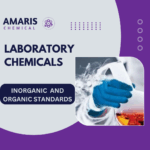 Inorganic and Organic Standards
Inorganic and Organic Standards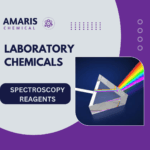 Spectroscopy Reagents
Spectroscopy Reagents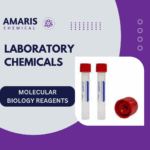 Molecular Biology Reagents
Molecular Biology Reagents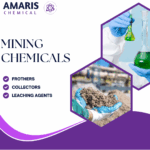
 Precious Metal Extraction Agents
Precious Metal Extraction Agents
 Plasticizers
Plasticizers Polymerization Initiators
Polymerization Initiators Stabilizers
Stabilizers Monomers
Monomers Fillers and Reinforcements
Fillers and Reinforcements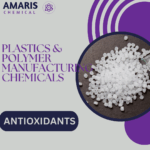 Antioxidants (plastics)
Antioxidants (plastics) Colorants (plastic pigments,Dyes)
Colorants (plastic pigments,Dyes)
 Fertilizers
Fertilizers Plant Growth Regulators
Plant Growth Regulators Soil Conditioners
Soil Conditioners Animal Feed Additives
Animal Feed Additives Biostimulants
Biostimulants
 Dough Conditioners
Dough Conditioners Flour Treatments
Flour Treatments Fat Replacers
Fat Replacers Preservatives (baking)
Preservatives (baking)
 Surfactants (cleaning)
Surfactants (cleaning) Builders
Builders Bleaching Agents
Bleaching Agents Enzymes
Enzymes Solvents (cleaning)
Solvents (cleaning) Fragrances
Fragrances Disinfectant
Disinfectant Metal cleaning
Metal cleaning
 Binders/Resins
Binders/Resins Pigments
Pigments Solvents (paint)
Solvents (paint) Additives
Additives Driers
Driers Anti-Corrosion Agents
Anti-Corrosion Agents Specialty Coatings
Specialty Coatings Functional Coatings
Functional Coatings Application-Specific Coatings
Application-Specific Coatings
 Sealants and Adhesives
Sealants and Adhesives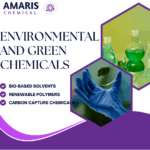
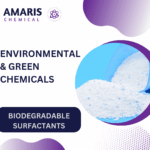 Biodegradable Surfactants
Biodegradable Surfactants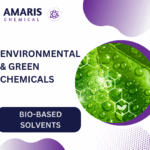 Bio-based Solvents
Bio-based Solvents Renewable Polymers
Renewable Polymers Carbon Capture Chemicals
Carbon Capture Chemicals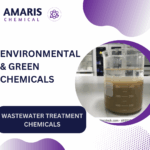 Wastewater Treatment Chemicals
Wastewater Treatment Chemicals
 Preservatives (food)
Preservatives (food) Flavor Enhancers
Flavor Enhancers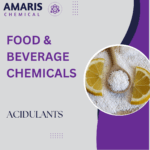 Acidulants
Acidulants Sweeteners
Sweeteners Emulsifiers
Emulsifiers Antioxidants (food)
Antioxidants (food) Colorants (food)
Colorants (food) Nutrient Supplements
Nutrient Supplements Nutraceutical Ingredients
Nutraceutical Ingredients
 Fresh Herbs
Fresh Herbs Whole Spices
Whole Spices Ground Spices
Ground Spices Spice Blends
Spice Blends
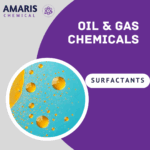 Surfactants(oil)
Surfactants(oil)
 Antibiotics
Antibiotics Active Pharmaceutical Ingredients
Active Pharmaceutical Ingredients Excipients
Excipients Vaccine Adjuvants
Vaccine Adjuvants Nutraceutical Ingredients
Nutraceutical Ingredients Solvents (pharmaceutical)
Solvents (pharmaceutical)
 Automotive chemicals
Automotive chemicals Pyrotechnic Chemicals
Pyrotechnic Chemicals


 Vulcanizing Agents
Vulcanizing Agents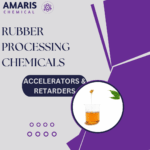 Accelerators & Retarders
Accelerators & Retarders Antidegradants
Antidegradants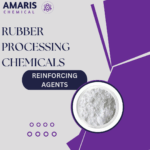 Reinforcing Agents
Reinforcing Agents Plasticizers & Softeners
Plasticizers & Softeners Fillers & Extenders
Fillers & Extenders Blowing Agents
Blowing Agents Adhesion Promoters
Adhesion Promoters
